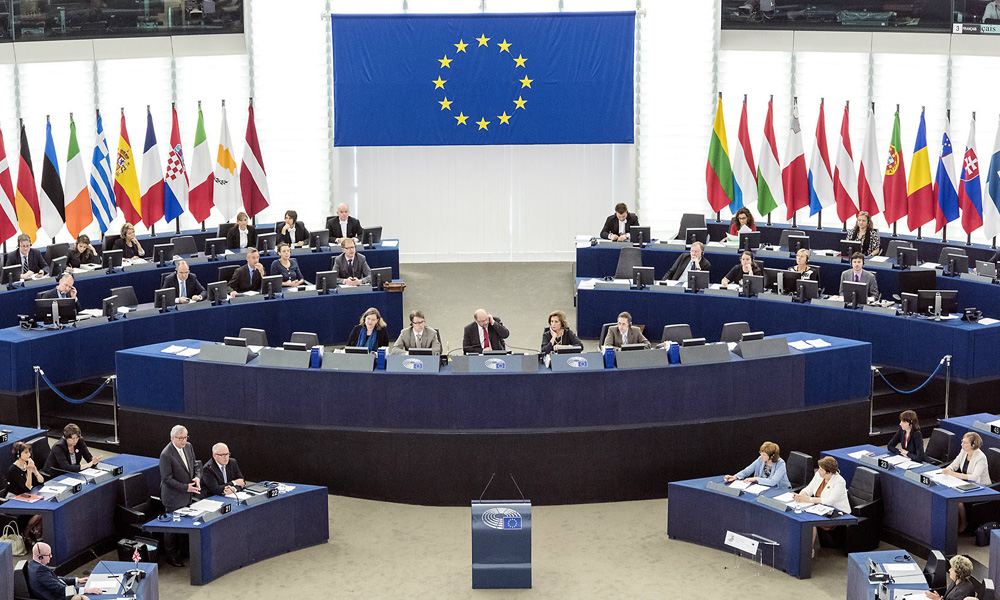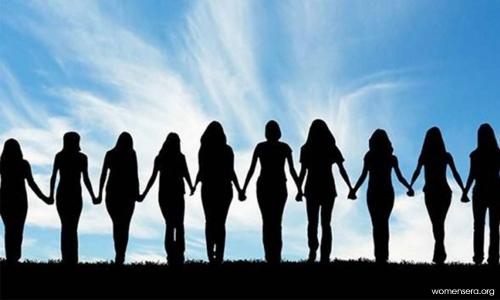Malaysia making good progress in women's rights - EU Ambassador
The Malaysian government is making good progress towards a safer and more equal environment for women and girls following the proposed new or amended legislation, says Ambassador and Head of the Delegation of the European Union (EU) to Malaysia, Maria Castillo Fernandez.
These, she said, includes the anti-stalking law, Sexual Harassment Act and ending child marriage.
Furthermore, the ambassador said the establishment of a Select Committee on Rights and Gender Equality in Parliament was also a good step forward for equality.
“Even implementation of policies such as childcare facilities in government offices as well as encouraging the private sector to follow suit are good moves towards creating more opportunities and encouraging the participation of women in the workforce,” she told Bernama International News Service in Kuala Lumpur, today.
Fernandez was interviewed in conjunction with the International Women’s Day, celebrated annually on March 8 to recognise women’s achievements and contributions to social and economic development.
Gender equality in the mainstream
Asked how the Malaysian government could improve in championing women’s cause in the country, Fernandez suggested: “As we are doing in Europe, gender mainstreaming is the way forward, including the gender equality dimension in all its policies.”
She further added that equality between women and men is one of the fundamental values of the EU enshrined in its treaties.
“We want girls and women to achieve equality in all aspects of life - access to education, equal pay for equal work, access to top positions in companies and politics, as well as protection from violence,” she added.
Furthermore, she said the EU has also worked to put women's and girls' rights at the core of the Sustainable Development Goals while stressing that there is no sustainable development without gender equality.
“But there is still work to be done. Women and girls still face harassment, abuse, and violence. And women are still too often prevented from breaking the glass ceiling, receiving lower pay and fewer opportunities for career and business development,” she added.
The EU framework
According to Fernandez, the European Commission has a framework in place to integrate gender equality in all its policies.
The framework focuses on five priority areas. They are greater female labour market participation and economic independence of women and men, reduce the gender pay (and thus fighting poverty among women), promote equality between women and men in decision-making, combating gender-based violence and protecting and supporting victims, and promoting gender equality and women's rights across the world.
“We assist women and girls across the world who are on the move, displaced, or who are excluded from education, equal access to health and family planning services, the labour market, and political life more generally.
“Over 15 million girls of primary school age do not go to school around the world, so the EU is helping boost access to education from Africa, Latin America and the Middle East to Southeast Asia,” she explained.
Fernandez said the Spotlight Initiative, a joint programme by the EU and the United Nations, is the largest-ever programme to stop violence against women in the world.
In the ASEAN region, Spotlight's ‘Safe and Fair’ programme, a 25 million Euro programme launched in 2017, focuses primarily on ending female trafficking and labour exploitation, she said, adding that Malaysia, as a major destination country for women migrant workers, is part of this programme.
On women’s participation in the European Parliament, Fernandez said currently 36.1 per cent of its members are women, and this number was slightly higher from the 2014 election, with 35.8 per cent.
She said in the current eighth parliamentary term, the number of female Vice-Presidents rose from three to five out of 14, adding that there are now 12 women chairs of committees or subcommittees out of 24 compared to eight, last year.
“Greater representation of women in the European Parliament increases the level of democratic representation of EU citizens and helps Parliament to achieve gender mainstreaming more effectively.
“In the upcoming elections (May 23-26), we are hoping that the percentage of women MEPs ( European Parliament members) will rise again,” she added.

RM12.50 / month
- Unlimited access to award-winning journalism
- Comment and share your opinions on all our articles
- Gift interesting stories to your friends
- Tax deductable
